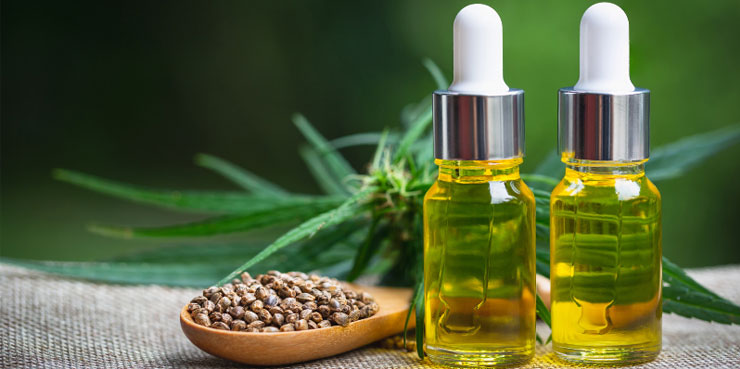The hemp industry continues to mature each year. And as farmers find better ways to grow and cultivate hemp, the crop itself also improves.
There are a variety of factors that are currently impacting the hemp industry, and Cannabis Regulator went right to the experts to find out what they are.
Additional Regulation is Needed
Probably one of the most important trends that is impacting the hemp industry is the lack of regulation. The passage of the 2018 Farm Bill provided momentum for the retail cannabidiol (“CBD”) industry, and the lack of complete regulatory clarity from the federal government has led many in the industry to navigate a patchwork of state-specific laws, according to Squire Patton Boggs.

“A number of states have put in place regulations and many brands are rushing to get their products compliant in a market where most are not,” says Frozen Fields CEO Reid Stewart. “A number of consumer lawsuits filed in multiple states are also forcing change, ultimately forcing compliance and manufacturing standards to the fore.”
Due to this lack of federal regulation or an updated Farm Bill, Stewart suggests that having a brand that both retailers and consumers can trust is becoming more and more important.
One way to get people to trust your brand is by instituting Good Manufacturing Practices (GMP), which Samson Extracts CEO Kyle Neathery has done for his business.
“It’s tough with this industry as a whole because there’s not a lot of regulation,” he says. “That’s what’s making this so important right now because there’s no official standards. GMP is important because it brings people into a good manufacturing framework. You can still manufacture or process a certain way, but GMP offers at least some standards.”
Hemp Demand is Increasing
Neathery has noticed an uptick in hemp interest in recent years. But even though this is accelerating the growth of the industry, it’s also causing a bit of a shortage.
“We’re beginning to notice the supply chains drying up and diminishing, causing hemp processors to struggle,” Neathery says. “This is resulting in more people working into distillate or isolate since those are still available. There’s not a lot of inventory sitting around on the processor’s side and it’s being sold very quickly, which is very different from the demand we experienced two years ago.”
Possibly due to this increased demand, Stewart is also seeing a boost in the number of established cannabis brands coming over to the hemp market — but it doesn’t always work out in their favor.
“Some have been successful and some have failed, which shows that being successful in a single state cannabis market does not guarantee any success in the national hemp market,” he notes.

The Future of the Hemp Industry
Another hot topic that’s at the forefront of many minds throughout the hemp industry is the 2023 Farm Bill, which has been delayed for a year.
“This is a large one and there is a concerted effort underway by many in the recreational cannabis industry to change the law,” says Stewart. “There seems to be little appetite to appease them in D.C., but with state regulators and AGs also being pushed into the fight on behalf of their tax base, it will be a make or break moment for the hemp industry if that bill changes the current definition of hemp. We do not expect this to happen and our indications are that it will stay the same.”
Stewart also predicts the health side of the hemp market will continue to grow, which many consumers continue to express increased interest in.
“With fewer brands in that space, it is a large opportunity to take market share with effective and innovative products that use not just cannabinoids but other natural compounds developed to successfully help deal with issues in the largest categories like sleep, pain and stress management,” he suggests.
On the other hand, Neathery is interested to see how hemp-derived delta-9 will take shape.
“In the last two months, I have seen large outlets carry delta-9 drinks and I have to wonder if now that there’s a level of accessibility now in those products, we should be placing more regulations on them,” he says. “It’s professionally irresponsible for brands to boast some of the packaging that’s out there, so we need more packaging requirements. That needs to come into play.”










